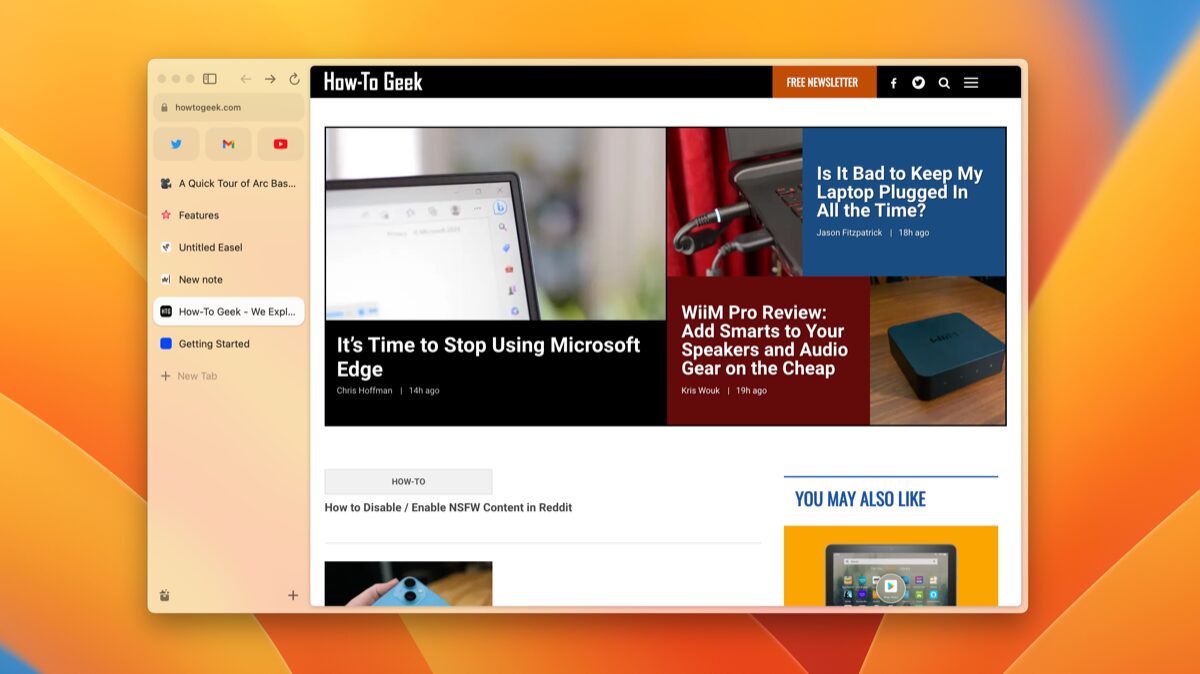It’s Getting Harder to Sideload Some Android Apps
Android
Android has allowed sideloading, with hoops here and there, on Android phones ever since the very first version of the OS was released 16 years ago. While companies like Apple are being pushed by governments to make sideloading easier, Android might be taking some steps backward.
Google’s Play Integrity API is apparently making it increasingly difficult for Android owners to sideload apps. This feature allows developers to verify that their apps are running on genuine Android devices and haven’t been tampered with. With the latest update, the API can actually now detect if an app was installed from the Google Play Store, and if it wants to (or if the developer wants to), take corrective steps.
If an app detects it was sideloaded and it’s available in the Google Play Store, it can display a “remediation dialog” prompting the user to download the app from the Play Store. If the user refuses, the developer can block access to the app entirely if they feel it appropriate. This move makes it easier for developers to prevent you from sideloading their apps, which can help combat piracy and ensure you have the official, supported version.
This particular feature isn’t a death sentence for sideloading, and it might be a useful tool for certain developers. Some people might, for one, choose to sideload paid versions of apps, or worse, illegally modded versions of apps to unlock paid features. With this feature, developers will be prompted about any sideloads and will be allowed to take corrective steps quickly. Also, it should be noted that this will only pop up if the app you downloaded is available on the Google Play Store. If you’ve sideloaded something that’s not available there, then there’s no way for this to pop up for you.
On the other hand, this might be a bit of a slippery slope that hopefully doesn’t culminate in heavier restrictions for sideloading.
Source: Android Authority
















